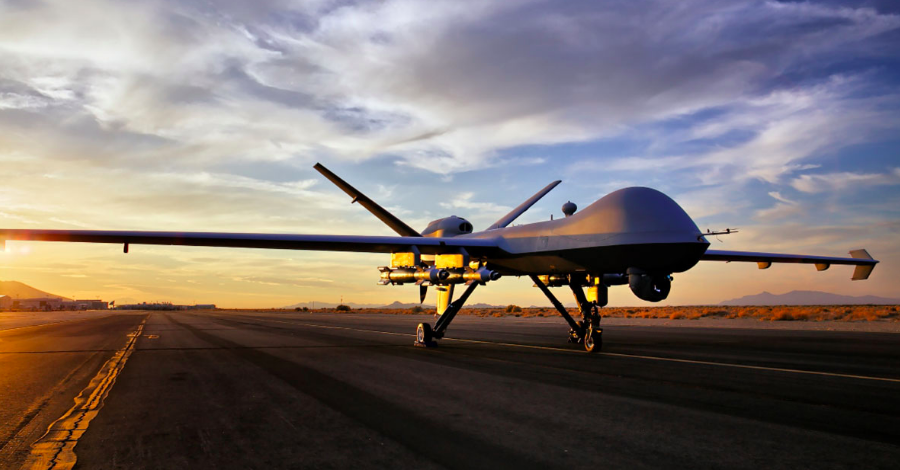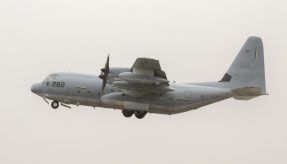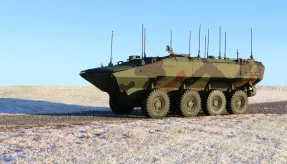
General Atomics Aeronautical Systems, Inc. (GA-ASI) has completed the transfer of two MQ-9A Reaper Block 5 Unmanned Aircraft Systems (UAS) to the US Marine Corps.
The two aircraft have been operated by the USMC since 2018 under a Company Owned/Company Operated (COCO) lease agreement in support of an Urgent Operational Need. The Reapers represent the first increment of the Marine Air-Ground Task Force (MAGTF) Unmanned Aircraft System (UAS) Expeditionary (MUX) Program of Record (POR). The transfer of aircraft includes two Ground Control Stations and associated support equipment.
The two COCO MQ-9As, using remote split operations from Marine Corps Air Station Yuma, have been in operation for the USMC as part of a lease agreement between GA-ASI and Naval Air Systems Command, accruing over 12,000 flight hours supporting operations in the Middle East and informing the requirements and expectations for the MUX POR.
The MUX POR will include an additional 16 new MQ-9As, which the Marine Corps will begin procuring in 2022 to support an Early Operational Capability in 2023 and Initial Operating Capability in the U.S. Indo-Pacific Command (INDOPACOM) by 2025.
With unmatched operational flexibility, MQ-9A Block 5 has endurance of over 26 hours, speeds of 220 KTAS and can operate up to 45,000 feet. It has a 3,850-pound (1,746 kilogram) payload capacity that includes 3,000 pounds (1,361 kilograms) of external stores. It provides a long-endurance, persistent surveillance capability with Full-Motion Video and Synthetic Aperture Radar. An extremely reliable aircraft, MQ-9A Block 5 is equipped with a fault-tolerant flight control system and triple redundant avionics system architecture. It is engineered to meet and exceed manned aircraft reliability standards.
GA-ASI President David R. Alexander, said: “The Marine Corps leveraged the leased aircraft to better understand and articulate the needs of the MUX program, while simultaneously supporting the forward-deployed warfighter.
“It was a great example of how a customer can ‘try before you buy’ our aircraft. Now they’ve seen firsthand how a persistent ISR platform, like the MQ-9A, can support the Marine Corps’ need for long-range sensing in the Pacific as a part of the Commandant’s Force Design Initiative.”
If you would like to join our community and read more articles like this then please click here.







